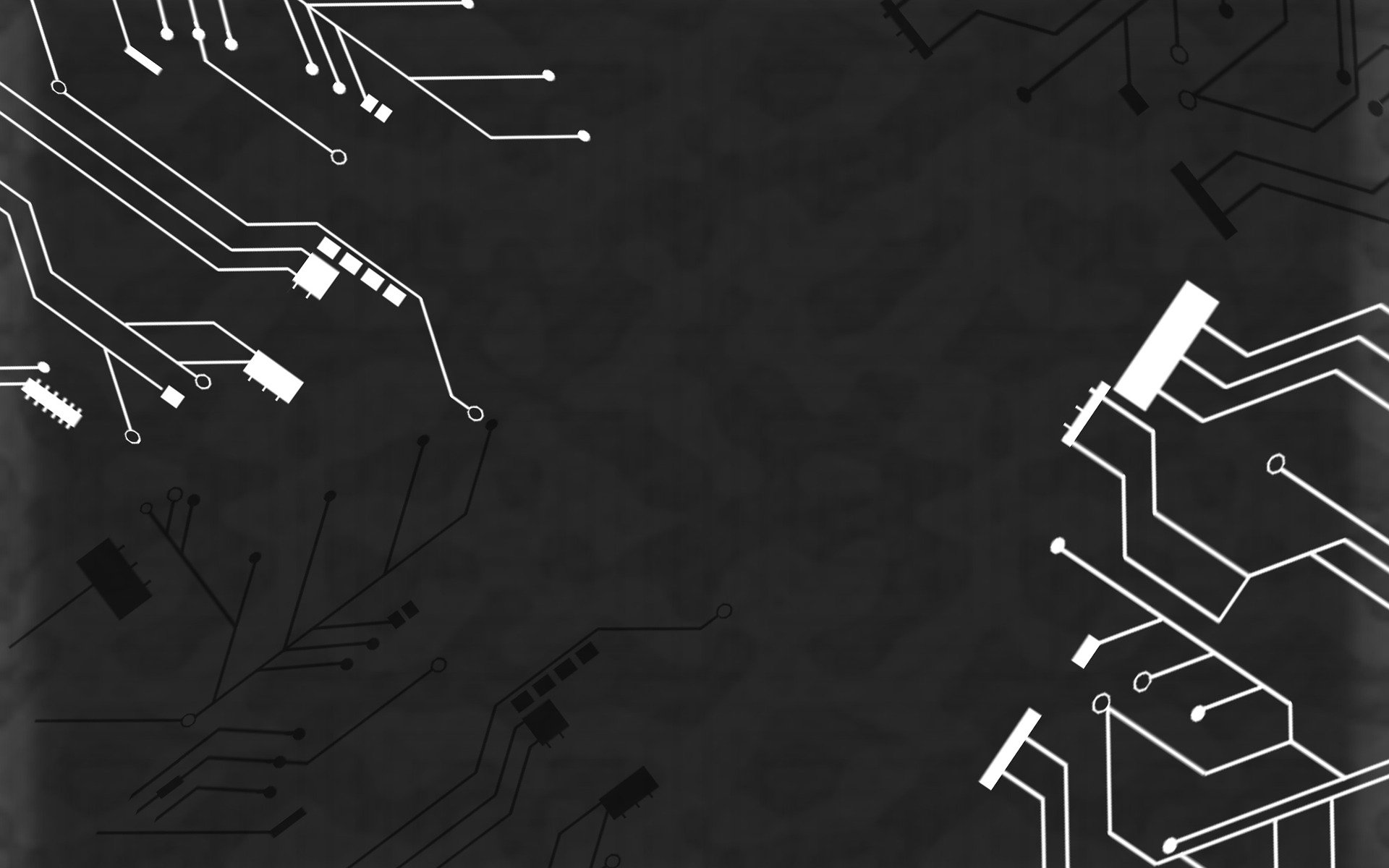The Top 5 Smart Contract Auditing Firms In The Blockchain World
Decentralized applications and an ecosystem with other decentralized solutions have mostly been made possible by smart contracts. You can presume that smart contract auditing is about checking the digital representations of agreements made between parties in the actual world. The finest smart contract auditing companies have become more well-known due to the rising demand for this service, and for a good reason.
Audits of smart contracts auditing have become a crucial component of quality control procedures for decentralized applications utilizing smart contract-based protocols. Smart contracts could handle the accomplishment of significant responsibilities stipulated by parties in a contract by acting as computer algorithms for the automatic storage, control, and verification of data. Smart contracts’ potential advantages are transparency, safety, and swifter transaction completion. Users also don’t have to worry about downtime, commissions to middlemen, or any human error in validating transaction circumstances.
The innovative idea of smart contracts boosts the dApps ecosystem and offers various advantages for carrying out transactions with little to no human involvement. The demand for smart contract audits has, nevertheless, given rise to a number of leading smart contract auditing firms. You must educate yourself on the significance of smart contracts if you intend to create smart contract-based solutions. You also need to be aware of the value of smart contract audits and how to pick smart contract audit providers. The talk that follows gives you a summary of some of the well-known smart contract auditing businesses and outlines their distinguishing characteristics.
Popular Companies for You to Audit Smart Contracts

The criteria for choosing smart contract audit businesses demonstrate how to make the best choice after conducting research. However, some of the top smart contract auditing businesses would simplify your task by providing tried-and-true options. Here are the top smart contract auditing businesses you can consider for your blockchain project.
Also, read – Five Reasons Why 2023 Will Be Challenging For Global Financial Markets


Top 5 well-known smart contract auditing firms
1. Hacken
Hacken would be listed as the first entry in the smart contract auditing firms. It has successfully completed more than 700 projects for well-known clients like FTX and Avalanche. Along with Ethereum, Hacken also supports the EVM chains Solana, Avalanche, Polygon, and others.
Blockchain security experts have created the top cybersecurity consulting company with a focus on enabling the ethical hacker community. One of the top smart contract auditing firms, Hacken, has worked to support and develop the blockchain security ecosystem. Additionally, it has unveiled a variety of innovative tools to guarantee the security of smart contracts.
Hacken could provide clients with a variety of security services in addition to blockchain security advice. Coordination of bug bounty programs, web or mobile penetration testing, and vulnerability assessments are a few of the standout services. You must also keep in mind that two of the protocols that Hacken examined have security flaws.
Losses from the platforms totaled about $8.5 million. On the other side, Hacken was able to recoup almost 75% of the user cash that was stolen during the Warp Finance flash loan scam. Hacken made significant modifications to its auditing procedures following the security events to find potential flash loan assaults.
2. Slowmist
The second company on the list of firms that smart audit contracts are Slowmist, a blockchain security company founded in 2018. Along with a wide variety of other security-related goods and services, Slowmist has become an expert in smart contract security assessments. The team’s network security and blockchain projects expertise is one of Slowmist’s formidable capabilities.
Take Slowmist Hacked, MistTrack, and Vulpush as examples. Additionally, Slowmist has established partnerships with numerous national and international security organizations. MistTrack, for instance, can be used to track the transfer of stolen property. It’s interesting to note that MistTrack has successfully assisted over 60 customers in recovering around $1 billion in stolen assets.
3. Solidproof
Solidproof, a reputable German smart contract audit company, is also included in the list of firms offering smart contract auditing services. Solidproof can be used as an audit report for the classification of the vulnerabilities once the auditing procedure has been completed. It makes use of both manual and automated methods to evaluate smart contracts and find flaws.
For DeFi initiatives, Solidproof, one of the top smart contract auditors, provides KYC checks with a breakdown of customer identities and an assessment of the nature of their actions. DeFi users have legal sources for purchasing assets thanks to the Solidproof KYC checks.
Another significant aspect of Solidproof is its interaction with the development team. As a result, the smart contract audit business can provide more beneficial and trustworthy choices for reducing dangers that were noted in the audit report. Solidproof has completed more than 500 smart contract audits in just one year, demonstrating its effectiveness.
4. Hashlock
Hashlock stands out as a prominent Australian cybersecurity firm specializing in blockchain security and distinguished as one of the top 5 smart contract auditing firms globally. With a commitment to “Security First,” Hashlock excels in comprehensive blockchain security research, ensuring that clients can confidently innovate within the Web3 space without compromising safety.
Hashlock’s core services include in-depth smart contract audits, continuous on-chain monitoring for suspicious activity, bug bounty management to incentivize vulnerability discovery, secure upgrade mechanisms for smart contracts, and comprehensive training and educational resources to enhance clients’ understanding of blockchain security best practices.
5. OpenZeppelin
OpenZeppelin is the final addition to the best smart contract auditing companies list. It is a well-known provider of cybersecurity products and services, especially for its work on the OpenZeppelin Contracts Solidity libraries. OpenZeppelin, one of the most well-known smart contract auditing businesses, has successfully protected assets worth more than $10 billion.
It has contributed to several well-known initiatives, including the Ethereum Foundation, Compound, Aave, and Coinbase. The development of a novel method for finding smart contract vulnerabilities through gamification is another intriguing aspect of OpenZeppelin. Additionally, OpenZeppelin provides free services like “Defender,” which can assist in automating the management of smart contracts.
Stay informed with daily updates from Blockchain Magazine on Google News. Click here to follow us and mark as favorite: [Blockchain Magazine on Google News].
Get Blockchain Insights In Inbox
Stay ahead of the curve with expert analysis and market updates.
latest from tech
Disclaimer: Any post shared by a third-party agency are sponsored and Blockchain Magazine has no views on any such posts. The views and opinions expressed in this post are those of the clients and do not necessarily reflect the official policy or position of Blockchain Magazine. The information provided in this post is for informational purposes only and should not be considered as financial, investment, or professional advice. Blockchain Magazine does not endorse or promote any specific products, services, or companies mentioned in this posts. Readers are encouraged to conduct their own research and consult with a qualified professional before making any financial decisions. The featured image used is just a creative depiction of the title and it does not intend to hurt sentiments of any person or institution. If it hurts anyone sentiments, please do not hesitate to reach out to Blockchain Magazine.

 Bitcoin
Bitcoin  Ethereum
Ethereum  XRP
XRP  Tether
Tether  Solana
Solana  USDC
USDC  Dogecoin
Dogecoin  Cardano
Cardano  Lido Staked Ether
Lido Staked Ether  TRON
TRON  Chainlink
Chainlink  Avalanche
Avalanche  Wrapped Bitcoin
Wrapped Bitcoin  Wrapped stETH
Wrapped stETH  Toncoin
Toncoin  Stellar
Stellar  Hedera
Hedera  Sui
Sui  Shiba Inu
Shiba Inu  WETH
WETH  Polkadot
Polkadot  LEO Token
LEO Token  Litecoin
Litecoin  Bitcoin Cash
Bitcoin Cash  Bitget Token
Bitget Token  Hyperliquid
Hyperliquid  USDS
USDS  Uniswap
Uniswap  Wrapped eETH
Wrapped eETH  Ethena USDe
Ethena USDe  Official Trump
Official Trump  Pepe
Pepe  NEAR Protocol
NEAR Protocol  Aave
Aave  MANTRA
MANTRA  Aptos
Aptos  Internet Computer
Internet Computer  Ondo
Ondo  WhiteBIT Coin
WhiteBIT Coin  Monero
Monero  Ethereum Classic
Ethereum Classic  Mantle
Mantle  Cronos
Cronos  Bittensor
Bittensor  POL (ex-MATIC)
POL (ex-MATIC)  Dai
Dai  OKB
OKB 




